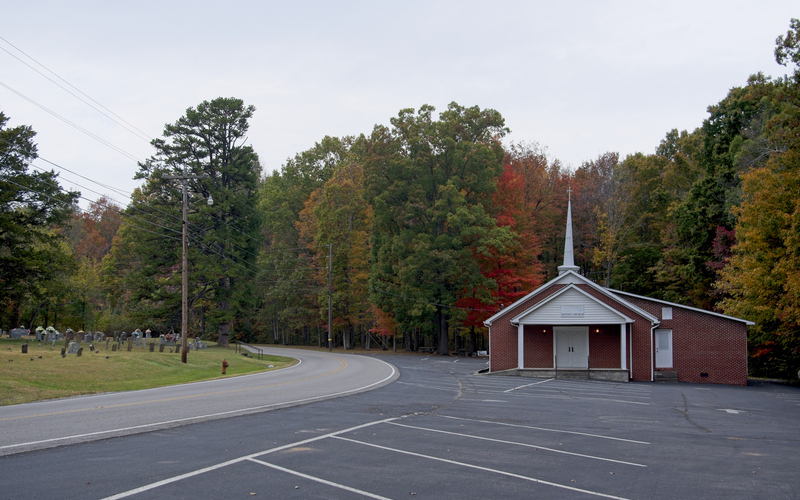Is God Judging America the Way He Judged the Tower of Babel?
Sign up for a six month free
trial of The Stand Magazine!
According to Voice of America, more than half of the millennials in Los Angeles speak a language other than English at home. Beyond that, according to the U.S. Census Bureau, a language other than English is spoken in an astonishing 25 percent of all homes in America.
In one school - one school! - in New Hampshire (Central High in Manchester), a total of 82 different languages is spoken on that campus alone.
The disturbing reality here is that we are losing the ability to talk to each other. We are no longer “one nation, under God, indivisible” but “many subcultures, hopelessly divided by language.” America is no longer a melting pot but a word salad.
One profound source of cultural unity is a shared language. Sharing the same language makes communication, understanding, cooperation and relationship possible. People who do not understand each other cannot talk with each other, cannot develop a relationship of any depth and cannot meaningfully work together on any project of significance. They cannot teach each other and they cannot learn from each other.
And yet every effort to make English our official national language and require every immigrant to learn it is met with vitriolic accusations of xenophobia and racism and the effort soon sputters and dies. And so verbal and cultural Balkanization continues apace, as Americans slowly begin to drift away from each other and cluster in linguistically isolated communities.
Genesis 11:1-9 contains the account of a time when all the peoples of the earth spoke the same language. A civilization arose on the Babylonian plain, and its people began to build a tower “with its top in the heavens” so that they could “make a name for (them)selves” (v. 4).
This culture stopped seeking to build a name for God and began seeking to build a name for itself. It gave itself over to pride and hubris rather than humility and the worship of the true and living God.
God came down to assess the state of affairs, and determined that things were not good. This culture had lost its way, and was now using its linguistic unity for evil rather than for good. God determined they must be stopped before they made things irretrievably worse. “Nothing they propose,” God said, “will now be impossible for them” (v. 6).
So how did God stop this culture from carrying out its evil designs? He made it impossible for them to talk to each other. “Come,” said God, “let us go down and confuse their language so that they may not understand one another’s speech” (v. 7).
Unable to converse with each other, construction on this tower of human arrogance came to a halt and the people were dispersed “from there over the face of all the earth” (v. 8). Babel faded into the mists of history, its name preserved only as a testament to God’s judgment on human pride.
Bottom line: when God’s judgment falls on a nation for turning its back on him, one form that judgment takes is that its people lose their ability to talk to each other. Linguistic confusion can grind a once powerful nation, known for its magnificent building projects, to a halt and cause it to disappear into the fog of antiquity.
The difference is this. In ancient Mesopotamia, God was the one who brought about a nation-destroying confusion of speech and language. In America, we are doing it to ourselves.

Sign up for a free six-month trial of
The Stand Magazine!
Sign up for free to receive notable blogs delivered to your email weekly.



















